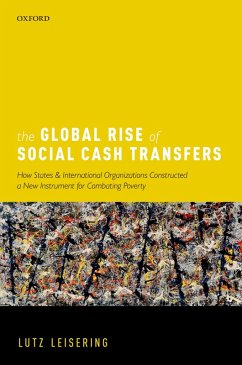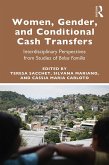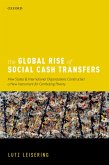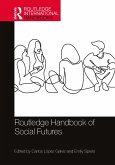The Universal Declaration of Human Rights (1948) proclaimed the equality of all human beings in dignity and rights. The right to social security, however, has been taken more seriously only since the 2000s, through calls for 'Social Security for All' and 'Leaving no-one behind'. The book investigates a major response, social cash transfers to the poor. The idea of simply giving money to the poor had been rejected by all major development organizations, but since the early 2000s, social cash transfers have mushroomed in the global South and on agendas of international organizations. How come? What programmes have emerged in which countries? How inclusive are the programmes? What models have international organizations devised? Based on unique quantitative and qualitative data and on newly created concepts and indicators, the book takes stock of all identifiable cash transfers in all Southern countries and of the views of all major international organizations. The volume argues that cash transfers reflect broader changes: new understandings of development, of human rights, of global risks, of the social responsibility of governments, and of universalism. Social cash transfers have turned the poor from objects of charity into rights-holders and agents of their own lives and of development. A repertoire of cash transfers has evolved that has enhanced social citizenship, but is limited by weak political commitments. The book also contributes to a general theory of social policy in development contexts, through a constructivist sociological approach that complements the dominant approaches from welfare economics and political economy and includes a theory of social assistance.
Dieser Download kann aus rechtlichen Gründen nur mit Rechnungsadresse in A, B, BG, CY, CZ, D, DK, EW, E, FIN, F, GR, HR, H, IRL, I, LT, L, LR, M, NL, PL, P, R, S, SLO, SK ausgeliefert werden.









